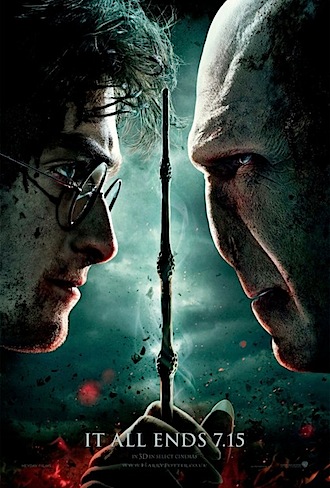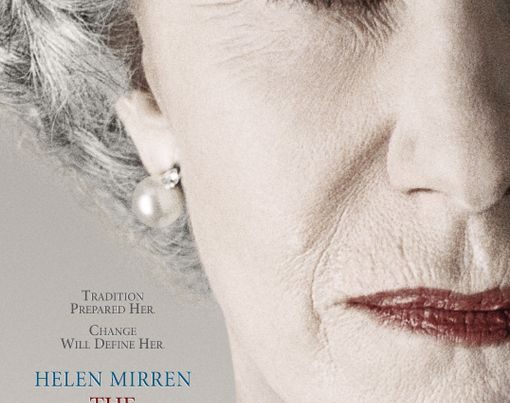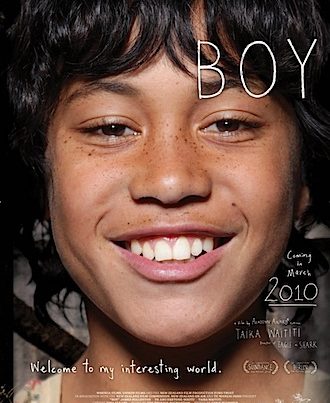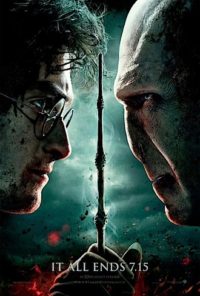 It’s clear that there are two kinds of people in the world. There are the people who get Harry Potter (not just get but devour, savour, relish) and then there’s, you know, me.
It’s clear that there are two kinds of people in the world. There are the people who get Harry Potter (not just get but devour, savour, relish) and then there’s, you know, me.
Over the last six years I have doggedly tried to review the HP franchise as if it was cinema, as if there might be viewers tempted along who hadn’t been exposed to the books and who might reasonably be expecting to watch a film that stands on its own two feet.
Well, to coin a phrase, “it all ends” now. I give up. With Harry Potter, you can’t divorce your response from your expectations. If you loved the books it would appear that you love the films and the less attention the filmmakers pay to unbelievers like me the better you like it.
It’s irrelevant whether the three kids can act or not when to all intents and purposes, after eight films, they are Harry, Hermione and Ron. It’s meaningless to try and explain how greats like Rickman, Gambon and Broadbent are basically phoning their performances in when their continued presence adds a patina of Masterpiece Theatre quality to the proceedings. And it’s pointless to knock the lame storytelling when it is doing a respectable job of honouring the make-it-up-as-you-go-along intentions of the author.
So, I realise that I’m not going to influence anyone here about Harry Potter and the Deathly Hallows: Part 2 and I won’t try. Head along if you must, leave your credulity at home, enjoy and then bring your taste back in time for the Film Festival.
One final thought: For some colossally stupid reason Event Cinemas decided to introduce their HP screenings with a short behind-the-scenes video and a welcome (to “all of you in Australia”) from a sweaty looking Daniel Radcliffe. How unbelievably rude! No only did it add another ten minutes to the already excessive running time but it showed Ralph Fiennes’ Voldemort before his digital nose-removal. For a film that’s about magic to have the exhibitor (presumably with the filmmakers’ agreement) wreck the movie magic we were there to experience is simply unforgivable.
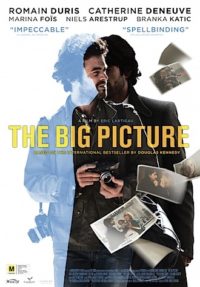 Meanwhile, back in the real-ish world, Eric Lartigau’s French thriller The Big Picture is capable enough provided you don’t examine the creaky plot too closely. The original French title translates (according to Google) as “The man who wanted to live his life” which is less of a cliché but probably gives too much away.
Meanwhile, back in the real-ish world, Eric Lartigau’s French thriller The Big Picture is capable enough provided you don’t examine the creaky plot too closely. The original French title translates (according to Google) as “The man who wanted to live his life” which is less of a cliché but probably gives too much away.
Romain Duris plays hotshot lawyer Paul whose seemingly perfect life is about to fall apart in spectacular fashion. Firstly he discovers his wife is having an affair with their neighbour who he then (accidentally) kills. This provokes a kind of profound realisation. In order to save his family he must disappear – he takes on the identity of his deceased antagonist and heads to Hungary – but he needs to reinvent himself to save his own soul too.
Underneath the thriller trappings, then, we have that common theme in French movies: that the bourgeois, intellectual, materialistic existence is somehow inauthentic. In order to live a truly sincere life you have to shrug all that stuff off and live in the country like a peasant. Duris follows his childhood dream to become a photographer but (even small town Hungarian) success gets him attention – attention he cannot survive.
The Big Picture was spoiled a little by problems with its own picture – the image was as pixellated as a YouTube video at the screening I went to. I won’t criticise the usually high quality Roxy presentation as I’m sure the very same digital file is playing at all the other cinemas in town. It’s just that digital presentation has come on so well in recent months that when it falls short of acceptable (i.e. $16 a ticket) standards the surprise and disappointment is all the greater.
Printed in Wellington’s Capital Times on Wednesday 20 July, 2011.

